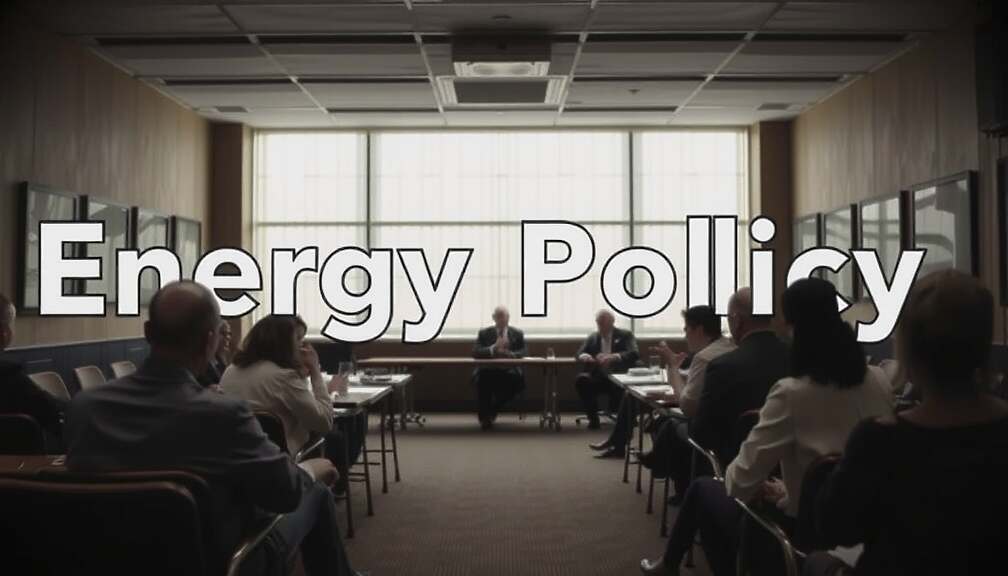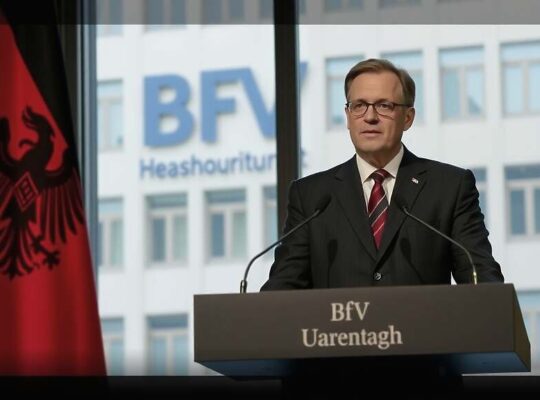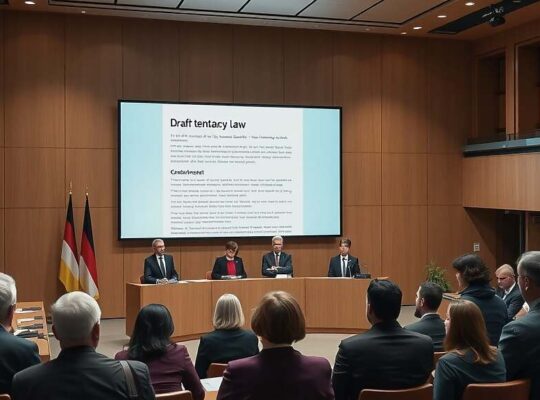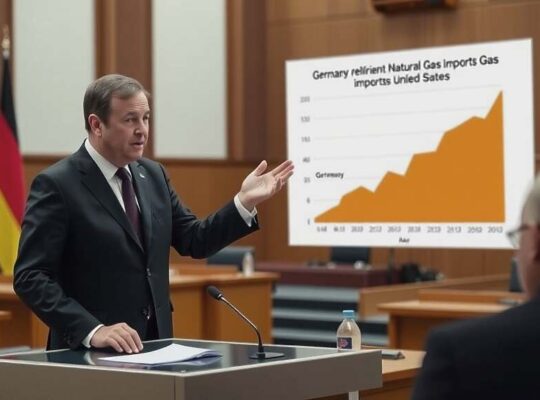A recent request filed under Germany’s Freedom of Information Act has revealed correspondence suggesting former Chancellor Olaf Scholz may have invoked his directive competence, a rarely used power within the German parliamentary system.
The “Handelsblatt” newspaper reported on the findings, detailing a letter from then-Federal Minister for Economic Affairs Robert Habeck, dated April 2025, addressed to Chancellor Scholz. In the letter, Habeck describes a request from Scholz to maintain the “gas alarm level” a measure put in place in June 2022 following reduced gas deliveries from Russia. Habeck stated he understood Scholz’s request as an exercise of directive competence, referencing a preceding telephone conversation on April 2025.
The measure, initially enacted to ensure gas supply security, grants special rights and emergency protocols. Habeck had intended to rescind the alarm level at the beginning of 2025, noting in his letter that “the reasons for the alarm level have ceased to exist” a view shared by industry experts.
Martin Morlok, a legal scholar from Heinrich Heine University Düsseldorf, confirmed Habeck’s assessment, stating that Scholz indeed utilized his directive competence in this instance.
It is only in exceptional circumstances that a German Chancellor invokes this power. Previous instances include Konrad Adenauer’s 1956 intervention to enforce pension reform and Scholz’s 2022 decision to extend the operational life of remaining German nuclear power plants. The latter decision was later revealed to have been coordinated with Habeck and then-Finance Minister Christian Lindner (FDP) during a parliamentary investigation committee hearing.
Both Scholz’s office and Habeck have declined to comment on the reported correspondence. Scholz’s office referred inquiries to the Federal Press Office, which did not respond to questions over several days.












